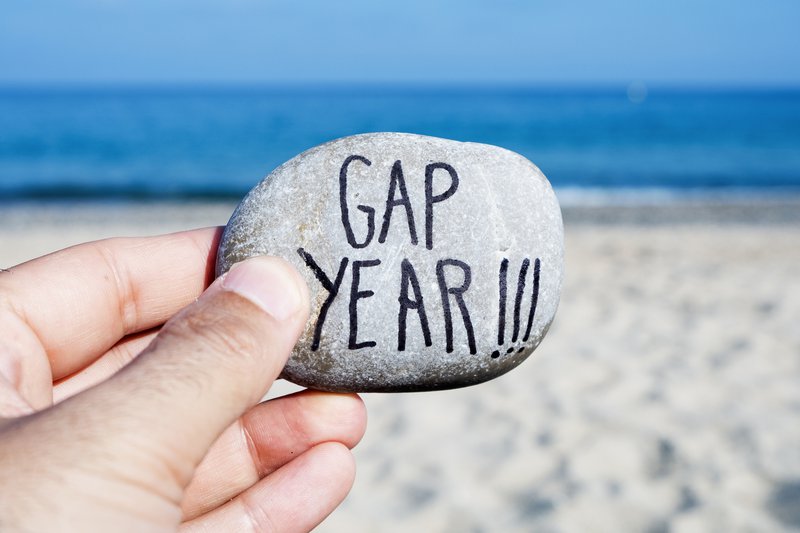Make the most of your gap year
Updated | By ThriveIn
Considering a gap year after matric? We asked the experts to share advice on how to ensure your gap year is fruitful and significant for personal growth.

Many students might feel overwhelmed after completing matric. Some might feel the need for a break or need some time to decide on which course to study. However, educational psychologist Stacey Cohen of Budding Minds warns that “a gap year may work for some and may not work for others.”
She says the most important thing to consider is what the gap year will be used for.
“Matric is a very stressful year and some students may feel like they need a break before diving into tertiary studies. This is understandable however, students must not use their gap year to sit on the couch and watch television or play games”.
She says, “it should be a year that is used productively to figure out one’s identity or which path one wishes to follow.”
Stacey advises that students can use the year to work so that they can pay for university or college courses. “Some students may use the year to travel,” she adds.
Whatever the learner decides to do, Stacey says “it is important to use the year to grow yourself, be it through some online courses, work shadowing to do research into various careers, or even volunteering.”
Some other programmes that can be meaningful and significant to the learner’s personal growth include backpacking, cultural exchanges, skilled work in a foreign country, summer camps, au pairing, student working holidays, and volunteering at a charity.
Peter Kriel, General Manager at The Independent Institute of Education, cautions that taking a gap year might cause some learners to lose their “study muscles”.
“It is completely understandable that the idea of getting away from the books after the demands of one’s final year at school is a very attractive idea for many. However, after that year, getting back into the habit of studying and focusing on academics are major challenges which are best avoided.”
He says learners should still read books or do “distance or part-time courses” during their gap year.
“Staying with the books, even without the commitment of having to study full-time and the ability to study at your own pace, means that you keep your brain working and geared for when you do sign up for full qualification study later,” he says.
ALSO READ: Education expert cautions against taking a gap year after matric
Show's Stories
-
E-hailing driver's honest act warms hearts
An e-hailing driver returned a forgotten cellphone to a passenger, warmi...
Stacey & J Sbu 2 hours ago -
Here's why night time travel should be avoided this holiday
Besides the obvious safety concerns, driving in the cold isn't ideal.
Danny Guselli 2 hours ago